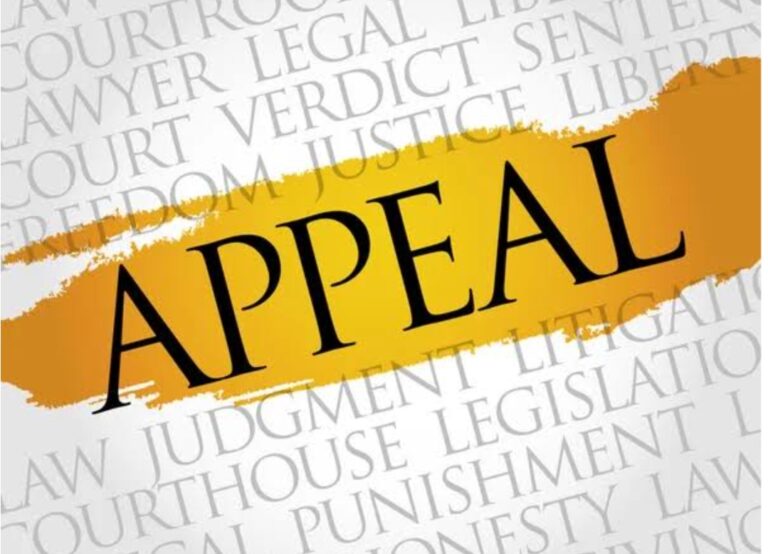Here are the possible grounds for appeal against such a penalty:
🔹 1. Reasonable Cause for Under-utilisation – Section 273B
Penalty should not be imposed if there was a reasonable cause for the failure.
- Delays due to force majeure like natural calamities, pandemics (e.g. COVID-19), or administrative delays.
- Ongoing or planned capital projects whose completion is pending.
- Delay in receiving statutory approvals for charitable activities.
- Restrictions imposed by government agencies or funders.
🔹 2. Option for Accumulation of Income – Section 11(2)
If the institution has exercised the option to accumulate income for up to 5 years by filing Form 10, under-utilisation should not attract penalty.
- Check whether Form 10 was filed before the due date of filing ITR.
- If Form 10 was filed but not considered due to technical issues or non-linkage, it can be a strong ground.
🔹 3. Income Applied in Subsequent Year – Explanation 1 to Section 11(1)
If income couldn’t be applied in the current year but was applied in the immediate following year, it may still be considered as application for the current year.
🔹 4. Exemption Denial Does Not Automatically Trigger Penalty
Just because exemption under Section 11 was denied due to short application does not automatically attract penalty under Section 271(1)(c) or Section 270A unless mens rea (intention) or misreporting is proved.
- Appeal can argue that there was no concealment or misreporting.
🔹 5. Technical or Clerical Errors
Mistakes in calculation, classification of income, or accounting may have led to a wrong impression of under-utilisation.
- Adjustments for depreciation, grants-in-kind, or accrual-based income may affect utilisation calculation.
🔹 6. Penalty Order is Bad in Law
Procedural lapses in penalty proceedings such as:
- No proper show cause notice.
- No opportunity for personal hearing.
- Order passed without application of mind.
- Penalty levied under wrong section.
🔹 7. No Tax Loss to Revenue
If the under-utilised income is properly accumulated and utilised later, the revenue does not lose tax. This may be argued as a mitigating factor.
🔹 8. CBDT Circulars and Judicial Precedents
Several CBDT circulars and court rulings have given relief in genuine cases of delay or short utilisation:
- Refer CBDT Circular No. 7/2010 and 108/1972.
- Tribunal and High Court rulings supporting liberal interpretation in favour of charities.
✅ Final Note:
The exact grounds should be tailored to the facts of the case, and appeals can be filed before the Commissioner (Appeals) or the ITAT depending on the stage.
